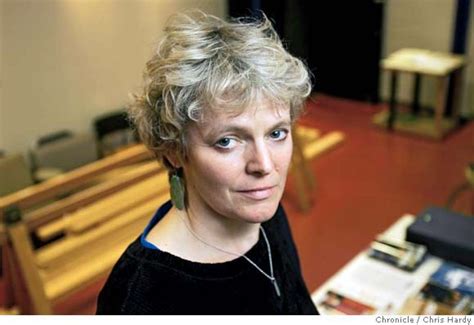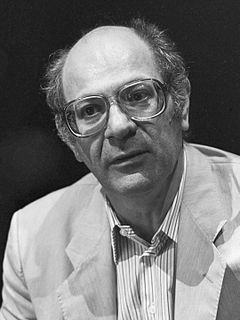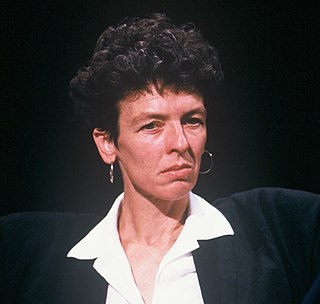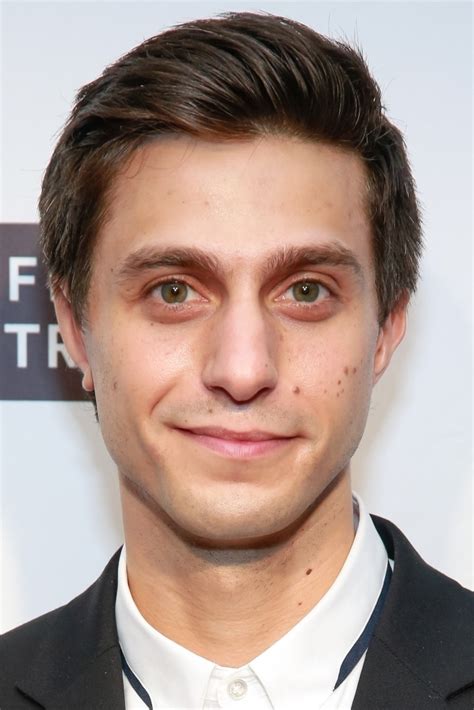A Quote by Ellen McLaughlin
I became frustrated early on as a playwright by a kind of smug smallness in modern drama. There was a lack of what I now understand as courage in the work of others as well as in my own work, and I found I was mildly amused or interested by such plays but not deeply engaged or enlightened.
Related Quotes
My work first engaged with the early russian avant-garde; the paintings of moholy-nagy, el lissitzky's 'prouns' and naum gabo's sculptures, but in particular with the work of kasimir malevitch - he was an early influence for me as a representative of the modern avant-garde intersection between art and design.
I've certainly stayed a marginal figure, though I became a member of the "surveillance committee" fairly early on. I can actually live pretty well with this, because I'm allowed to work in peace - except when I have to give strings of interviews... And also, I've never sought a position of power in the music business. I became a teacher not so as to found a Kagel School, but to transmit knowledge. My work as a composer should be the only yardstick by which my contribution can be measured.
For early plays of mine, I started with character. But I think that's because I hadn't been in theaters; I hadn't worked that much. I'm very interested in character, obviously, but once I started having my plays produced, I became so fascinated by the theatrical experiment and the weirdness of theatrical space, so now all my plays start with space and stage picture and setting - or container is maybe the better way to put it.
I think now that I've tried directing, I'm not interested in doing adaptations anymore. I could do an adaptation of someone else's work that I would write, but the idea of taking someone else's material entirely doesn't interest me. One of the things that I found really helpful, at least in my mind - and I've never discussed this with the actors or with the people I work with - is that being a neophyte in directing, I feel like I have a kind of authority simply because I'm the writer as well.
When I was in graduate school, I became very interested in why some kids took on challenges and were able to bounce back from setbacks whereas others shy away from difficulty and really crumble when they hit failures. I became fascinated with people who had that kind of courage to take on challenges.
When I used to teach writing, what I would tell my playwriting students is that while you're writing your plays, you're also writing the playwright. You're developing yourself as a persona, as a public persona. It's going to be partly exposed through the writing itself and partly created by all the paraphernalia that attaches itself to writing. But you aren't simply an invisible being or your own private being at work. You're kind of a public figure, as well.
Though collecting quotations could be considered as merely an ironic mimetism -- victimless collecting, as it were... in a world that is well on its way to becoming one vast quarry, the collector becomes someone engaged in a pious work of salvage. The course of modern history having already sapped the traditions and shattered the living wholes in which precious objects once found their place, the collector may now in good conscience go about excavating the choicer, more emblematic fragments.




































